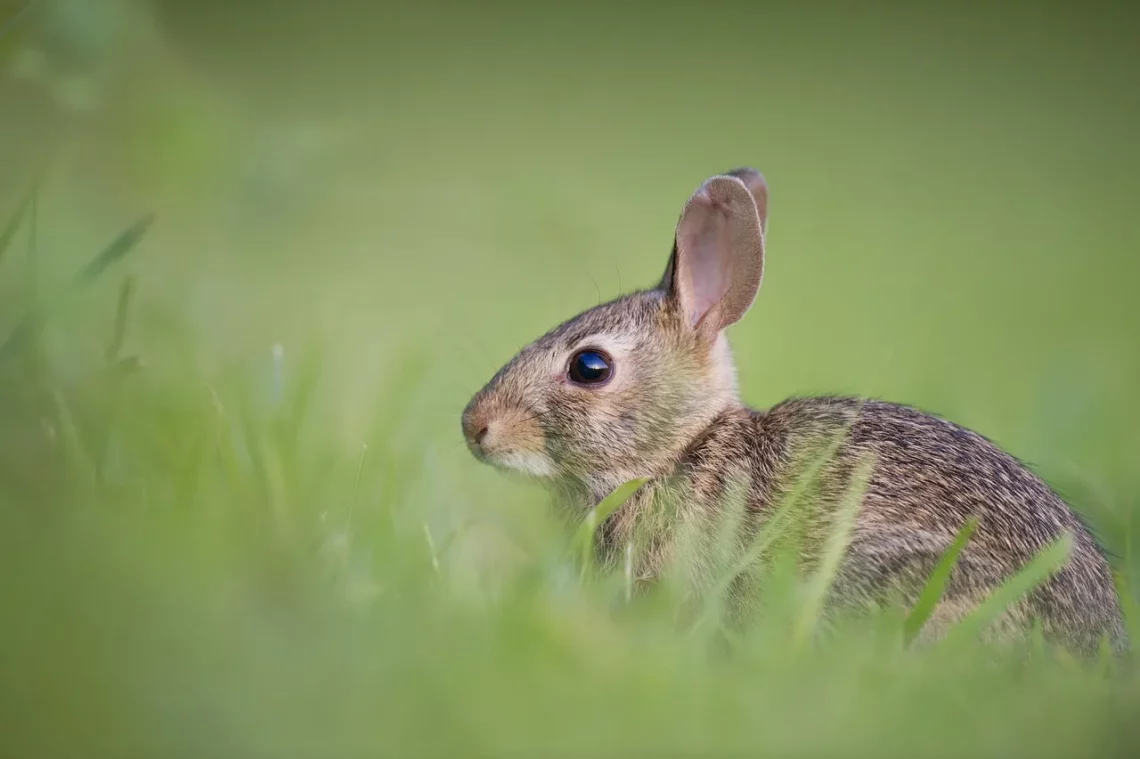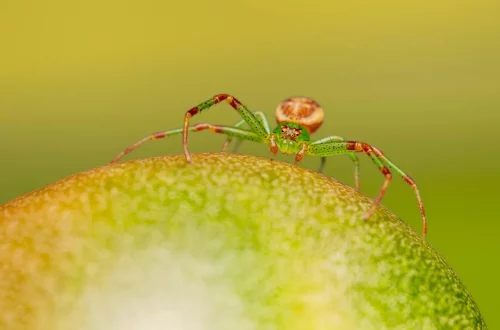
Can Rabbits Eat Celery Safely and Healthily?
Rabbits are among the most popular pets worldwide, known for their playful nature and adorable appearance. They are herbivores, which means their diet primarily consists of plant-based foods. However, not all vegetables are suitable for rabbits, and pet owners often find themselves wondering about the safety and health implications of various foods. One such food that frequently comes up in discussions is celery.
Celery is a crunchy, low-calorie vegetable that many people enjoy for its refreshing taste and nutritional benefits. For rabbit owners, the question arises: can rabbits eat celery? The answer isn’t straightforward, as it involves understanding a rabbit’s digestive system and dietary needs.
As we explore the topic, it’s essential to remember that rabbits require a balanced diet rich in fiber, primarily from hay, along with a variety of vegetables and occasional fruits. Celery can be a part of that vegetable variety, but its introduction into a rabbit’s diet must be done with caution. The key is to ensure that any new food is introduced gradually and monitored for any adverse reactions.
This article will delve into the specifics of feeding celery to rabbits, including its nutritional profile, potential benefits, and any precautions that should be taken.
Nutritional Profile of Celery
Celery is a vegetable that boasts a unique nutritional profile, making it an interesting addition to a rabbit’s diet. Composed of about 95% water, celery is low in calories, making it an appealing snack for both humans and rabbits. A 100-gram serving of celery contains roughly 16 calories, along with small amounts of essential vitamins and minerals.
One of the key vitamins found in celery is vitamin K, which is crucial for blood clotting and bone health. It also contains vitamin C, an antioxidant that helps boost the immune system and supports overall health. In addition, celery offers some potassium, which is beneficial for maintaining a healthy heart and regulating blood pressure.
However, while these nutrients can be beneficial, it’s important to note that celery does not provide a significant amount of fiber compared to other vegetables that rabbits typically consume, like hay and leafy greens. Fiber is essential for a rabbit’s digestive health, helping to prevent gastrointestinal issues and ensuring proper gut motility.
When considering celery as part of a rabbit’s diet, it’s vital to understand that it should not replace the primary sources of fiber. Instead, it should be viewed as a supplementary treat that can add variety and hydration to their meals.
In summary, celery can offer some nutritional benefits, but its low fiber content means it should be fed in moderation. Pet owners should ensure that the bulk of their rabbit’s diet consists of high-fiber foods to maintain optimal health.
Health Benefits of Celery for Rabbits
Introducing celery into a rabbit’s diet can provide several health benefits, particularly when it is offered as an occasional treat. One of the most notable advantages is its high water content. Hydration is crucial for rabbits, as they can easily become dehydrated, especially in warmer weather. Including water-rich vegetables like celery can help supplement their fluid intake.
Furthermore, the crunchy texture of celery can also aid in dental health. Rabbits have continuously growing teeth that require regular wear to prevent dental issues. Chewing on fibrous vegetables helps grind down their teeth, which can reduce the risk of dental problems such as overgrown teeth and associated pain.
Moreover, the vitamins found in celery contribute to a rabbit’s overall well-being. The presence of vitamin C can help enhance the immune system’s function, while vitamin K plays a role in maintaining healthy bones. These nutrients can be particularly beneficial for growing rabbits or those recovering from illness.
Another potential benefit of celery is its role in promoting digestive health. While it is not a high-fiber food, the slight fiber content can still contribute positively to a rabbit’s digestive system. When paired with other fiber-rich foods, celery can help maintain a healthy gut environment.
However, it’s crucial to remember that the introduction of any new food should be done gradually. Monitoring a rabbit’s reaction to celery is essential to ensure that it does not cause any digestive upset.
In conclusion, while celery can offer various health benefits when fed appropriately, it should complement a balanced diet rather than replace essential fiber sources.
Potential Risks and Precautions
While celery can be a delightful addition to a rabbit’s diet, there are potential risks and precautions that owners must consider. One major concern is the high sodium content found in celery. Although sodium is a necessary nutrient, excessive intake can lead to health issues, including dehydration and kidney problems. For rabbits, whose bodies are not designed to handle high sodium levels, feeding too much celery could pose a risk.
Additionally, some rabbits may experience digestive issues when introduced to celery. Symptoms such as gas, bloating, or diarrhea can occur, especially if the vegetable is introduced too quickly or in large quantities. It’s essential to start with small amounts and observe the rabbit’s response. If any adverse reactions are noted, it’s best to discontinue feeding celery and consult a veterinarian.
Another consideration is pesticide exposure. Like many vegetables, celery can be treated with pesticides during its growth. Washing celery thoroughly before offering it to rabbits is vital to remove any harmful residues. Ideally, organic celery should be chosen to minimize exposure to chemicals.
Finally, while celery can be a fun and hydrating treat, it should never replace the core components of a rabbit’s diet, which should primarily consist of high-fiber grasses and hay. Maintaining a balanced diet is critical for a rabbit’s health, ensuring they receive the necessary nutrients without the risks associated with overfeeding particular items.
In summary, while celery can be safely included in a rabbit’s diet, it is essential to be mindful of potential risks and to introduce it in moderation. Always observe your rabbit’s reaction and consult with a veterinarian if you have any concerns.
How to Safely Introduce Celery to Your Rabbit
Introducing celery to your rabbit’s diet requires careful planning and consideration. The key to safely incorporating any new food is to do so gradually, allowing your rabbit to adjust and monitor for any adverse reactions.
Start by selecting fresh celery from a reliable source. Look for vibrant green stalks that are firm and free of blemishes. Avoid any wilted or discolored celery, as this can indicate spoilage. Once you have fresh celery, wash it thoroughly to remove any dirt or pesticide residues.
Begin the introduction by offering a small piece of celery, roughly the size of a small finger. This allows your rabbit to taste and become familiar with the new flavor without overwhelming their digestive system. Observe your rabbit’s reaction over the next 24 hours. Look for any signs of digestive upset, such as changes in droppings or signs of discomfort.
If your rabbit enjoys the celery and shows no adverse reactions, you can gradually increase the portion size over the next few days. However, always keep in mind that celery should remain a treat and not be a staple in their diet.
Limit the frequency of celery to a few times a week, ensuring that the majority of your rabbit’s diet consists of high-quality hay, fresh greens, and limited fruits. By maintaining a balanced diet, you can safely incorporate a variety of vegetables, including celery, into your rabbit’s meals.
In conclusion, with proper introduction and moderation, celery can be a safe and enjoyable treat for rabbits, providing hydration and some nutritional benefits. Always prioritize your rabbit’s health and well-being by ensuring a balanced diet tailored to their specific needs.
—
**Disclaimer:** This article is for informational purposes only and does not constitute medical advice. Always consult a veterinarian for any health-related concerns regarding your pet.




